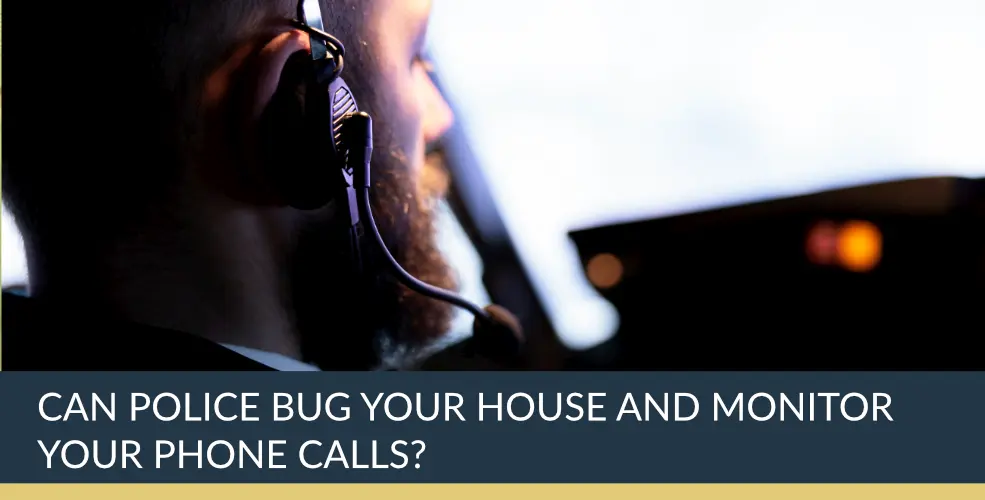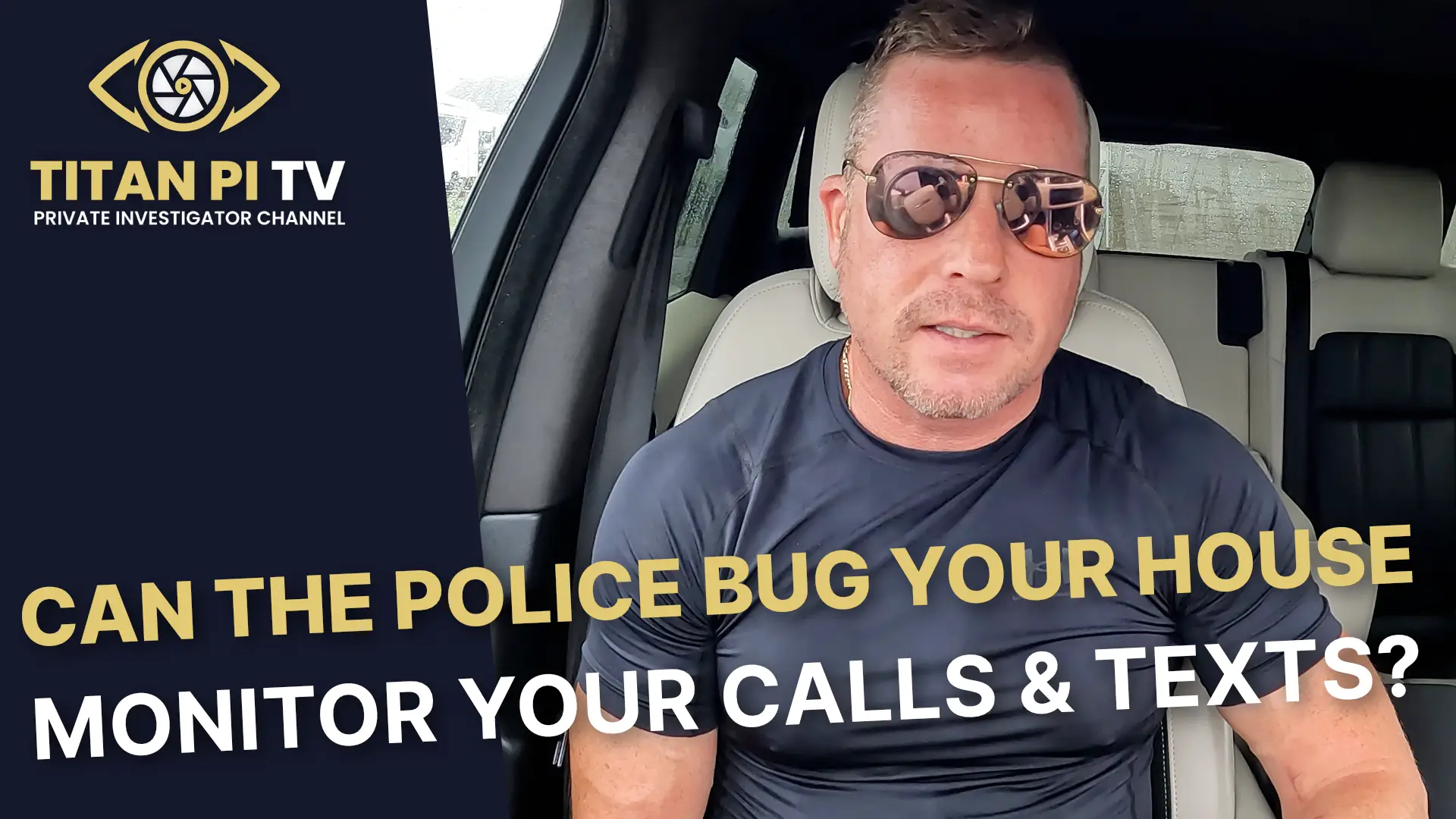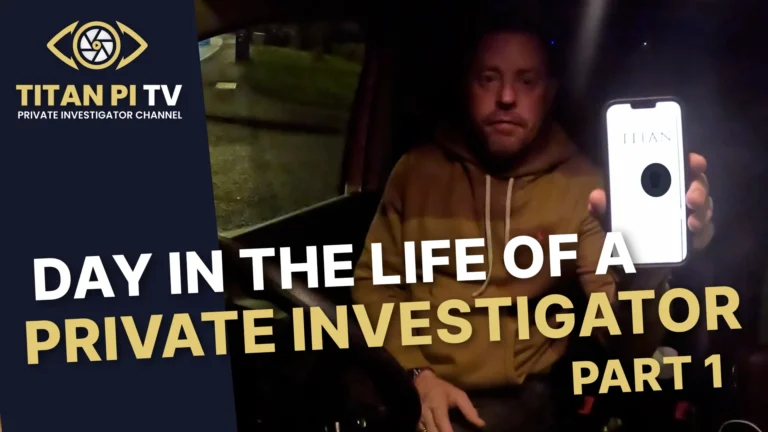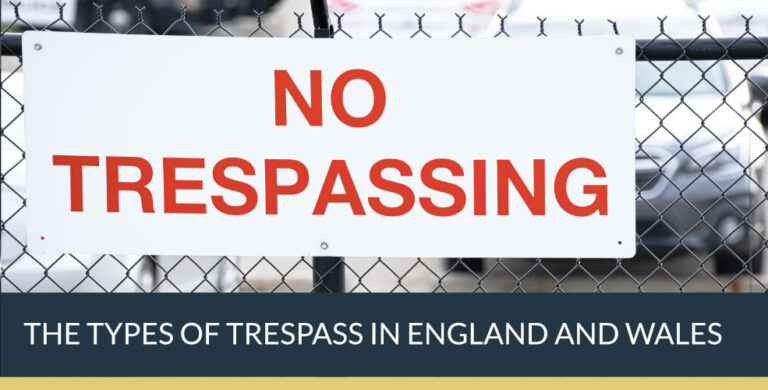Can Police Bug Your House and Monitor Your Phone Calls?
Guide to understanding UK Surveillance Laws
In an age where technology is woven into the fabric of our daily lives, questions about privacy and surveillance are more relevant than ever. Many people wonder: can the police listen in on your private conversations, monitor your phone calls, or read your text messages? The answer, in the United Kingdom, is both reassuring and sobering. Yes, they do have powers to conduct covert police surveillance, but these powers are tightly regulated, used sparingly, and subject to rigorous oversight. Understanding how and when these powers can be used is crucial for every citizen.
At Titan Private Investigation Ltd, we believe in empowering the public with clear, accurate information about the law. In this article, we’ll demystify the legal framework that governs police surveillance in the UK, explain the safeguards in place, and illustrate how these powers are used in practice. We’ll also discuss what this means for your rights and privacy.
The Legal Backbone: The Regulation of Investigatory Powers Act 2000 (RIPA)
The cornerstone of surveillance law in England and Wales is the Regulation of Investigatory Powers Act 2000, commonly known as RIPA. This legislation was introduced at the turn of the millennium to address the challenges posed by new technologies and the evolving nature of serious crime and terrorism. RIPA sets out the circumstances under which public authorities, including the police, can intercept communications and conduct covert surveillance.
RIPA is not a carte blanche for authorities to spy on anyone at will. Instead, it establishes a strict legal framework, with multiple layers of authorisation and oversight. The powers it grants are balanced by robust safeguards designed to protect individual privacy and prevent abuse.
Part 1: Intercepting Communications – Phone Calls, Texts, and Beyond
The first part of RIPA deals with the interception of communications. This includes listening to live phone calls, reading text messages, and accessing stored communications data. The law recognises that intercepting private communications is a significant intrusion into personal privacy, and therefore sets a high bar for authorisation.
What Does Interception Mean?
Interception, in legal terms, refers to the act of making the content of a communication available to someone other than the sender or intended recipient. This can happen in real time (for example, listening to a live phone call) or retrospectively (such as accessing stored voicemails or text messages). The scope of interception also extends to emails, instant messages, and other forms of electronic communication.
Who Can Authorise Interception?
In the UK, the power to authorise the interception of communications does not rest with the police alone. Instead, it requires the explicit approval of the Secretary of State – a senior government minister, usually the Home Secretary. This high-level authorisation reflects the seriousness of the intrusion and ensures that such powers are not used lightly or arbitrarily.
When Can Interception Be Used?
Interception is only permitted in cases involving serious crime or threats to national security. The law defines “serious crime” as offences that carry a prison sentence of at least three years, or crimes involving violence, firearms, or substantial financial gain. National security cases typically involve counter-terrorism operations or threats to the safety of the state.
Before authorisation is granted, the police must present compelling evidence that interception is necessary and proportionate. The application must demonstrate that less intrusive methods have been considered and found inadequate. The process is subject to independent scrutiny by the Investigatory Powers Commissioner, who reviews the use of these powers and ensures compliance with the law.
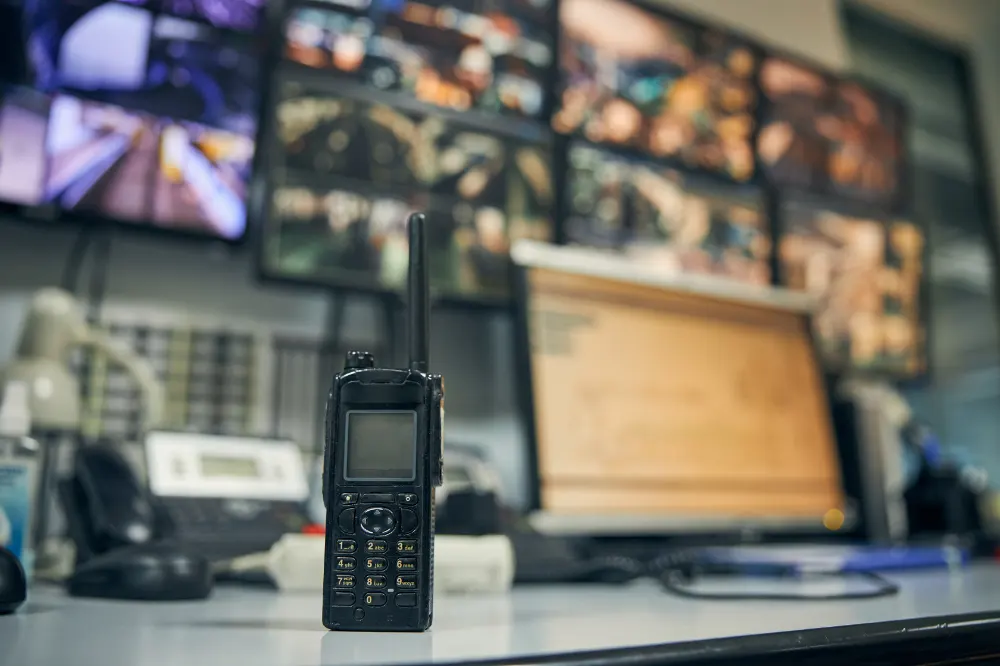
Part 2: Intrusive Surveillance – Bugging Homes and Vehicles
The second part of RIPA covers what is known as “intrusive surveillance.” This includes placing listening devices (bugs) in private residences, vehicles, or other locations where individuals have a reasonable expectation of privacy. Intrusive surveillance is one of the most powerful tools available to law enforcement, and as such, it is subject to even stricter controls.
What Counts as Intrusive Surveillance?
Intrusive surveillance involves the covert monitoring of activities in private places. This could mean installing a hidden microphone in a suspect’s home, placing a recording device in a car, or using advanced technology to capture conversations and movements. The aim is to gather evidence that cannot be obtained through other means.
Authorisation and Oversight
As with interception, intrusive surveillance requires authorisation at the highest level. The Secretary of State must be satisfied that the operation is necessary for the prevention or detection of serious crime, or for the protection of national security. The application process is rigorous, with detailed justifications required for each operation.
Once authorised, the use of intrusive surveillance is closely monitored. The Investigatory Powers Commissioner conducts regular audits and can investigate complaints from members of the public. Any evidence obtained unlawfully is likely to be inadmissible in court, and officers who misuse these powers can face disciplinary action or criminal charges.
Real-World Application: The Case of Cash-in-Transit Robberies
To illustrate how these powers are used in practice, let’s examine a real case shared by a former detective. The case involved a gang responsible for a series of violent cash-in-transit robberies. The criminals targeted security vans delivering large sums of money to banks and businesses, using firearms and threats of violence to intimidate guards and make off with cash boxes.
The Investigation
The police faced a formidable challenge. The gang was highly organised, used stolen vehicles, and took elaborate precautions to avoid detection. Traditional investigative methods – such as surveillance from a distance or relying on informants – were insufficient to penetrate the group’s operations.
Deploying RIPA Powers
Recognising the seriousness of the threat, the police applied for authorisation under RIPA to intercept the suspects’ communications and conduct intrusive surveillance. With the necessary approvals in place, officers began monitoring phone calls and text messages, gathering intelligence about the gang’s plans and movements.
At the same time, covert listening devices were installed in the suspects’ homes and vehicles. These bugs captured conversations about upcoming robberies, the acquisition of firearms, and the disposal of stolen cash. The police also fitted a tracking device to a stolen car used by the gang, allowing them to monitor its movements in real time.
The Outcome
The intelligence gathered through these surveillance methods proved invaluable. Police were able to anticipate the gang’s next move, track their vehicle to the scene of a planned robbery, and intervene before the crime could take place. In a carefully coordinated operation, armed officers performed a “hard stop” on the suspects’ car, arresting the gang members and recovering weapons and stolen cash.
The successful resolution of the case was a direct result of the powers granted under RIPA. Without the ability to intercept communications and conduct intrusive surveillance, the police would have struggled to gather the evidence needed to disrupt the gang’s activities and bring the perpetrators to justice.
Safeguards and the Balance Between Security and Privacy
The powers granted by RIPA are formidable, but they are not unchecked. The law is designed to strike a balance between the need to protect society from serious crime and terrorism, and the fundamental right to privacy.
Independent Oversight
The Investigatory Powers Commissioner’s Office (IPCO) plays a central role in overseeing the use of surveillance powers. The IPCO conducts regular inspections, reviews authorisations, and investigates complaints. Its reports are published annually, providing transparency and accountability.
Legal Remedies
Individuals who believe they have been subject to unlawful surveillance can seek redress through the Investigatory Powers Tribunal. This independent body has the authority to investigate complaints, order the destruction of unlawfully obtained material, and award compensation.
The Role of Technology
As technology evolves, so too do the methods used by both criminals and law enforcement. The law is continually updated to address new challenges, such as encrypted messaging apps and sophisticated surveillance equipment. However, the core principles remain the same: surveillance must be necessary, proportionate, and subject to independent oversight.
What Does This Mean for You?
For most people, the prospect of being bugged or having their communications intercepted is remote. The vast majority of surveillance operations target individuals suspected of serious criminal activity or posing a threat to national security. Routine police investigations do not involve these powers.
However, it is important for everyone to be aware of their rights and the limits of police authority. If you are ever concerned about surveillance, you have the right to seek legal advice and, if necessary, challenge the use of these powers in court.
Key Takeaways
- The police can intercept communications and conduct intrusive surveillance, but only under strict legal conditions set out in RIPA.
- Authorisation must be obtained from the Secretary of State, and operations are subject to independent oversight.
- These powers are reserved for serious crime and national security cases, not routine investigations.
- Robust safeguards exist to protect individual privacy and prevent abuse.
- Understanding your rights is essential in a modern, democratic society.
Final Thoughts
At Titan Private Investigation Ltd, we are committed to upholding the highest standards of professionalism, integrity, and respect for the law. Whether you are seeking advice on surveillance, concerned about your privacy, or require investigative services, our team is here to help. Knowledge is power – and understanding the law is the first step in protecting your rights.
For more information about our services or to discuss your concerns in confidence, please contact Titan Private Investigation Ltd today.
About Titan Private Investigation Ltd
Titan Private Investigation Ltd is a leading provider of corporate and private investigation services in the UK. Based in Derby, the company serves clients nationwide, offering a full range of investigative solutions including surveillance, fraud investigation, digital forensics, and more. With a reputation for professionalism, discretion, and results, Titan is the trusted partner of choice for businesses seeking to protect their interests and ensure compliance.
London Covert Surveillance – Call the Titan Investigations London Office 020 39046622
Birmingham Covert Surveillance – Call the Titan Investigations Birmingham Office 0121 7162442
Cambridge Covert Surveillance – Call the Titan Investigations Cambridge Office 01223 662022
Derby Covert Surveillance – Call the Titan Investigations Derby (Head Office) 01332 504256
Leeds Covert Surveillance – Call the Titan Investigations Leeds Office 0113 4574066
Leicester Covert Surveillance – Call the Titan Investigations Leicester Office 0116 2436520
Nottingham Covert Surveillance – Call the Titan Investigations Nottingham Office 0115 9646950
Manchester Covert Surveillance – Call the Titan Investigations Manchester Office 0161 3023008
Sheffield Covert Surveillance– Call the Titan Investigations Sheffield Office 0114 3499400
Truro Covert Surveillance – Call the Titan Investigations Truro Office 01872 888706
Alternatively, you can contact us directly using our fully confidential contact form at enquiries@titaninvestigations.co.uk or chat directly using our Live Chat facility, and one of our Corporate Investigations team will get right back to you.

